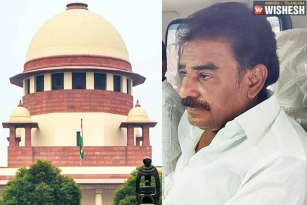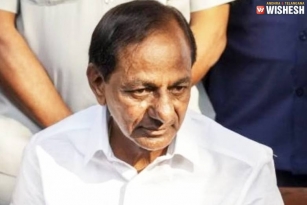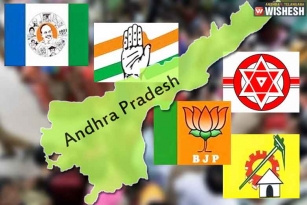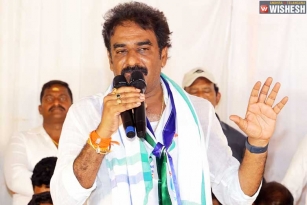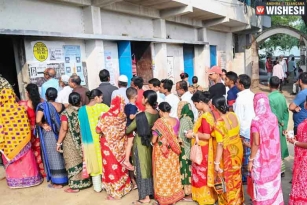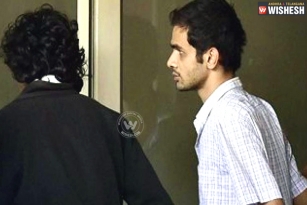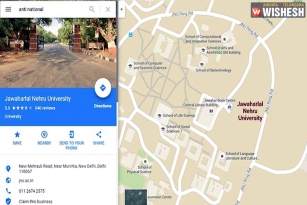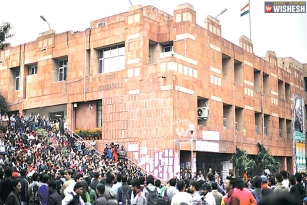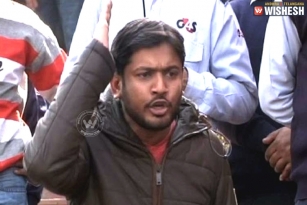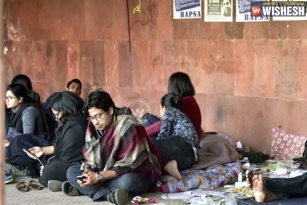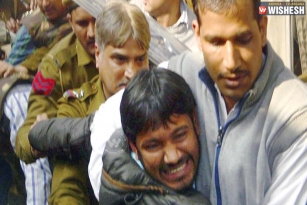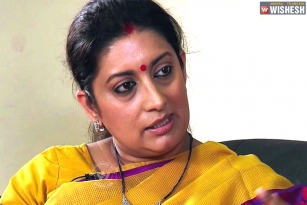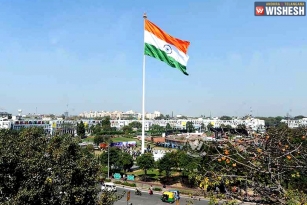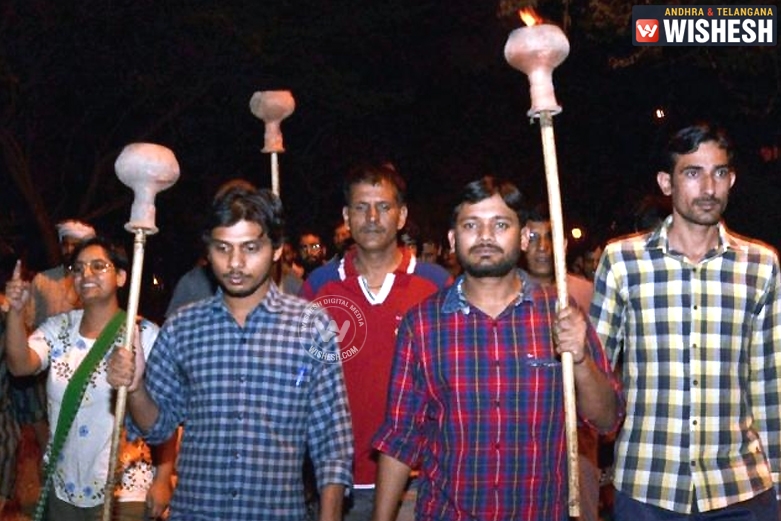
On last night, during a mashal juloos on Jawaharlal Nehru University (JNU), the students shouted loud slogans against the administration.
The students were protesting against the punishments, the administration has given, in connection with February 9th event.
On Monday, the administration rusticated Umar Khalid for one semester, Anirban Bhattacharya till July 15 and also made the campus out of bounds for him for 5 years.
Referring to the Afzal Guru's death anniversary celebrations in the campus, JNU Students Union president Kanhaiya Kumar and few others were asked to pay the fine.
Started with the march, the students protest led to an indefinite hunger strike at the admin block, the same place where the campus students burnt copies of the report in protest, on Tuesday. A few of the students will sit on the strike, while others will keep joining the group on a daily basis.
Responding to the issue, JNUSU vice-president Shehla Rashid said, “There are some pressing concerns in the University, the admission policy has been changed this year, the deprivation points have been reduced and all that the administration is paying attention to is how can they harass students.”
Shehla further added that, not only against the administration, the hunger strike is even against the “saffronization of education” and “stifling of voices of dissent” in India, especially among the student community.
“First Rohith Vemula and now Umar, Anirban and other JNU students, they have all been targeted for expressing their views. The government is certainly not comfortable with anyone who tries to speak. Through our hunger strike, we are trying to raise concerns about the larger issue.”
Rohith act and justice to Rohith Vemula are also the major demands behind conducting this hunger strike, the students further said.
By Phani Ch


